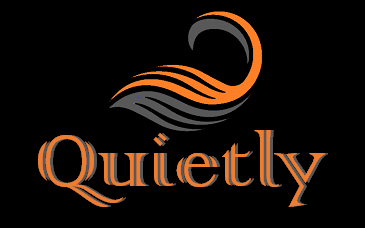New paragraph
Alzheimer...
Triple action in the field of Alzheimer's disease:
Slow down the decline by declining appropriately the cognitive and psychosocial capacities preserved and thus allow the patient to maintain a certain autonomy for a longer time
Keep the patient a social activity
Restore confidence and self-esteem to the patient
Alzheimer's disease is a neurodegenerative disease, that is to say that neurons degenerate and die. These neurons which serve to program a certain number of actions, by disappearing, cause the loss of these capacities.
Alzheimer's disease is often associated with memory loss because it is actually the neurons located in the region of the hippocampus, seat of memory, which are the first to be affected. Unfortunately, little by little other areas of the brain will be affected and will lead to the progressive disappearance of the capacities of orientation in time and space, recognition of objects and people, use of language, reasoning, reflection...
We often hear that the person who suffers from the disease returns to childhood.
It is indeed a return to neurological immaturity observed in the first years of life. However, while a young child discovers life to gradually gain autonomy, a person suffering from Alzheimer's disease will gradually lose it. Not understanding that you risk getting lost by going out alone while still having the notion of being an adult is a paradox that makes accompaniment difficult and subtle.
The term Alzheimer's disease is used today to refer to various diseases where these same disorders appear, in particular when they occur beyond a certain age.
It is an abuse of language. (Information: France Alzheimer)
For all information on Alzheimer's disease we advise you France Alzheimer, which is the only association of families recognized as being of public utility in the field of Alzheimer's disease and related diseases, diseases which affect nearly a million people in France.
Triple action in the field of Alzheimer's disease:
Slow down the decline by declining appropriately the cognitive and psychosocial capacities preserved and thus allow the patient to maintain a certain autonomy for a longer time
Keep the patient a social activity
Restore confidence and self-esteem to the patient
Alzheimer's disease is a neurodegenerative disease, that is to say that neurons degenerate and die. These neurons which serve to program a certain number of actions, by disappearing, cause the loss of these capacities.
Alzheimer's disease is often associated with memory loss because it is actually the neurons located in the region of the hippocampus, seat of memory, which are the first to be affected. Unfortunately, little by little other areas of the brain will be affected and will lead to the progressive disappearance of the capacities of orientation in time and space, recognition of objects and people, use of language, reasoning, reflection...
We often hear that the person who suffers from the disease returns to childhood.
It is indeed a return to neurological immaturity observed in the first years of life. However, while a young child discovers life to gradually gain autonomy, a person suffering from Alzheimer's disease will gradually lose it. Not understanding that you risk getting lost by going out alone while still having the notion of being an adult is a paradox that makes accompaniment difficult and subtle.
The term Alzheimer's disease is used today to refer to various diseases where these same disorders appear, in particular when they occur beyond a certain age.
It is an abuse of language. (Information: France Alzheimer)
For all information on Alzheimer's disease we advise you France Alzheimer, which is the only association of families recognized as being of public utility in the field of Alzheimer's disease and related diseases, diseases which affect nearly a million people in France.
http://www.francealzheimer.org





